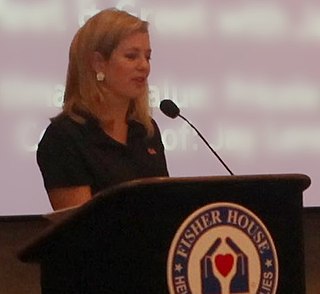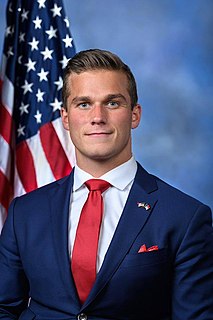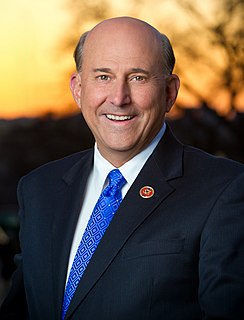A Quote by Ashley Wagner
I am going to get involved with giving back to military families.
Quote Topics
Related Quotes
I'm post-cynical on this stuff. I look at the El Salvador model as the glory days: Why don't we just fund the death squads secretly and keep our boys at home? That where I almost am at this point. Clearly the American military has been a force for good for the United States. There's a reason we have a standing military. But there's something to be said for having a much smaller military because then we wouldn't be tempted to get involved in things we shouldn't be getting involved in.
These are things that we hear from military families everywhere we go. But it - on PTSD, the thing that I want to make sure people understand is that the vast majority of veterans and military families aren't dealing with any kind of mental health. But there are - these are what are called the invisible wounds of this war. And many times they don't present.
I wasn't expecting a proposal from Aamir that night, especially when he had waited long hours for my shoot to get over and I too was drained after giving back-to-back scenes that involved portraying a lot of mental traumas and crying. As I came out of my shot, he stood in front of me, went down on his knees and proposed marriage.





































